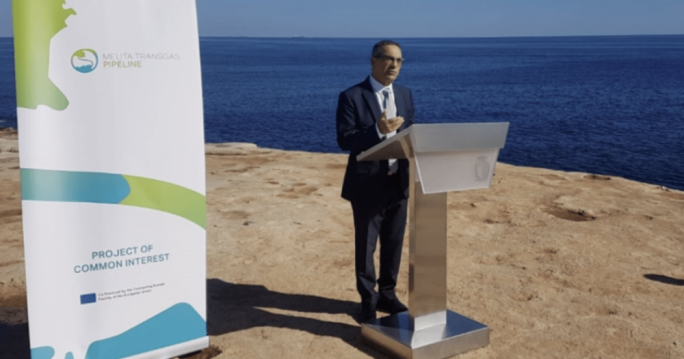
Editorial | Not just a scout’s motto
These may seem far-fetched questions. But even if the answers to them are a ‘no’, they should be asked and a proper defence needs analysis carried out

Every person who has at some point in their life touched with Scout Movement knows the true meaning of the words ‘Be prepared’.
Being prepared is not just a question of anticipating challenges but also having the resources – human and otherwise – to address the challenges, whenever they crop up.
It also means vigilance, constant training, analysis of changing circumstances to be able to adapt, having the right skills set to respond to events, and being nimble enough to act quickly. Being prepared is also about knowing your limitations and knowing when, where and how to seek assistance.
‘Be prepared’ is a mantra best adopted by various economic operators, businesses, other actors in society and the country.
There have been two massive international events over the past year that have underscored the importance of being prepared as a country.
We start with the tragedy in Turkey and Syria caused by two massive earthquakes that rocked these countries on Monday. The destruction is widespread, the dead are in their thousands, the injured even more. The desperation on the faces of survivors who look on helplessly at the mounds of rubble where their loved ones remain buried as they try to survive the biting cold is palpable.
Truth be told, whatever the level of preparedness a country may have, massive disasters like those being witnessed in Turkey and Syria will always strain your resources. But being prepared is always better than being caught wanting, even in these extraordinary circumstances.
This is where Malta must look at its own level of preparedness in emergency situations like these. The Civil Protection Department’s ability to rapidly deploy an urban search and rescue team to Turkey is testament to its level of preparedness and professionalism.
But when major disasters strike they should always serve as an eye-opener and a reminder that complacency is not an option. And this is where the policy maker should step in to ensure all the resources are made available.
The CPD must be equipped with adequate resources to be able to respond effectively in the event of a major catastrophe. Continuous training of personnel in modern search and rescue techniques must be coupled with constant upgrades in equipment and vehicles.
Plans of action must be continuously updated by taking into account the country’s changing townscapes and demographics.
Coordination protocols between the CPD and the Armed Forces of Malta, the police, the health services and other entities must be constantly adjourned.
The second major event that should have raised eyebrows is the Russian invasion of Ukraine.
Within a shifting geopolitical scenario, Malta must not overlook its defence needs. The Russian invasion should have prompted a review of Malta’s defence strategy, which has until now been primarily focussed on dealing with migration.
The question should be asked whether the AFM has the ability to put up a credible defence of the islands in the face of aggression in the physical and online space, at least until foreign forces can be invited to assist.
Is it time for the AFM to have military-grade drones not only for SAR purposes but also with the ability to attack? Is it time for the maritime section to have vessels with the ability to strike if necessary with higher calibre weapons? Is it time for the air defence unit to have anti-aircraft missiles in its arsenal? Is it time for the army to have a cyber-defence intelligence unit?
These may seem far-fetched questions. But even if the answers to them are a ‘no’, they should be asked and a proper defence needs analysis carried out.
The threats to Malta’s security may not be as dramatic as Russia’s belligerence in Ukraine but history teaches us that it is during those rare extraordinary moments that complacency becomes a serious sin of omission. It benefits us to ‘be prepared’.



